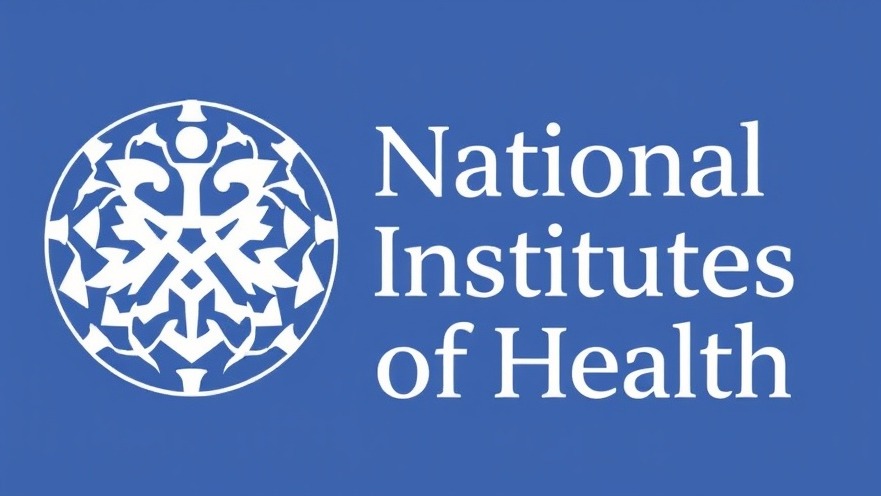
Government Efficiency or Confusion? The End of Weekly Memos
The recent announcement that federal employees are no longer required to submit weekly "five things" memos has stirred significant discussion about workplace efficiency within government institutions. Originally implemented by Elon Musk in February, the memos were intended to promote accountability among federal workers. However, they quickly became a source of anxiety for many employees who worried that their job security relied on the adequacy of their responses.
The Behind the Scenes of Government Regulations
Under Elon Musk’s short tenure leading the Department of Government Efficiency, these memos were introduced as part of a broader push to streamline government processes. Yet, as Director Scott Kupor of the Office of Personnel Management (OPM) noted, the program was likely more detrimental than beneficial. Employees felt pressured under the expectation to quantify their week’s accomplishments, leading them to fear for their careers if those achievements did not meet certain, often unspoken, standards.
The Real Impact of the Memo Mandate
What seemed like a move towards greater transparency ultimately created a culture of fear. Many employees viewed the memos as a surveillance tool rather than a means to foster productivity or personal achievement. Critics of the initiative argue that trust between management and workers is essential for a healthy work environment, especially in public sectors where morale can directly impact service delivery to citizens.
A Shift in Government Philosophy
With the cessation of these memos, OPM’s Kupor stressed the importance of communication tools that build trust rather than erode it. In a statement, he remarked that managers should be accountable for staying informed about their teams, suggesting that more organic forms of communication are more effective than structured memos that risk alienating employees. This shift signals a potential turning point for federal workplace culture—and perhaps a broader reconsideration of how efficiency is measured in government institutions.
What Lies Ahead for Federal Employees?
The removal of this requirement may alleviate some stress among federal workers, but it also begs the question: what comes next in terms of performance tracking? Will agencies adopt new systems to promote accountability without compromising employee well-being? Moving forward, it is vital to balance assessment methods and employee morale to ensure a government workforce that is both accountable and empowered.
Understanding the Wider Context
This incident lays bare the complexities of managing large organizations, particularly those as public as government agencies. In a time where public skepticism regarding government competence runs high, the need for transparent and fair assessments is crucial. There’s a fine line between ensuring performance and fostering an environment where employees feel safe to innovate without fear of reprisal.
Moreover, it highlights ongoing conversations in national news surrounding government bureaucracy and efficiency standards. As public interest increases regarding labor practices and employee treatment in federal jobs, it's essential that government leaders listen and adapt to the evolving societal expectations of workplace dynamics.
In conclusion, while the cancellation of the weekly memos can be viewed as a step towards improving workplace culture, it’s just one facet of a larger ongoing conversation about how government can remain effective while taking care of the people who provide the services. The American public deserves a productive and well-supported government workforce—something all parties should prioritize as we move forward.
 Add Element
Add Element  Add Row
Add Row 



Write A Comment